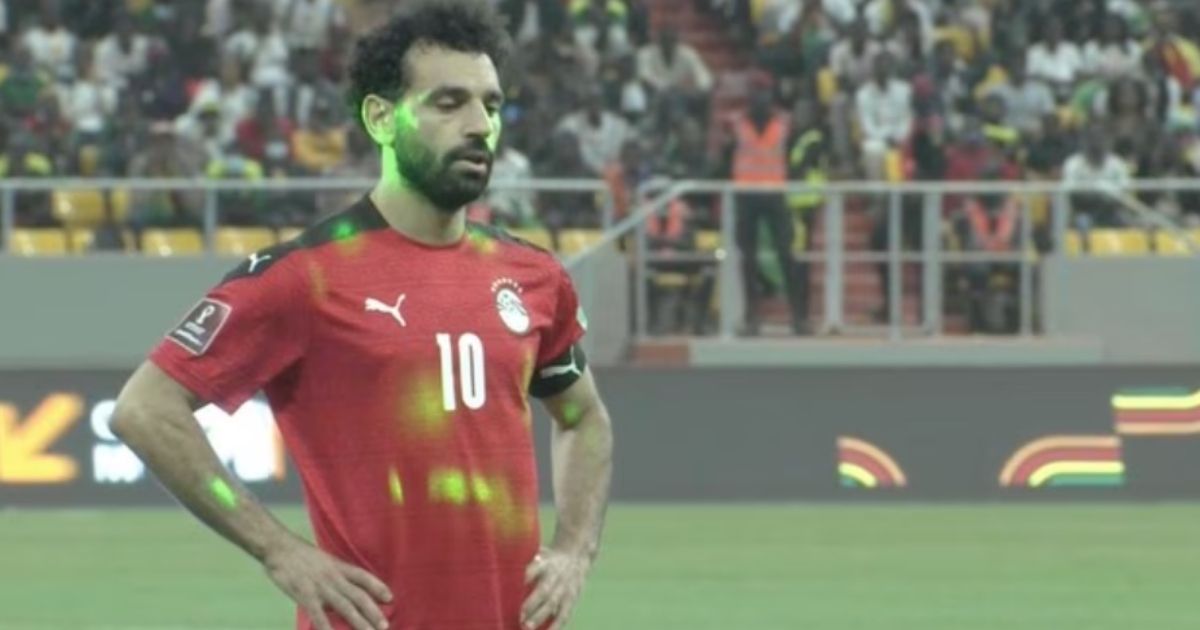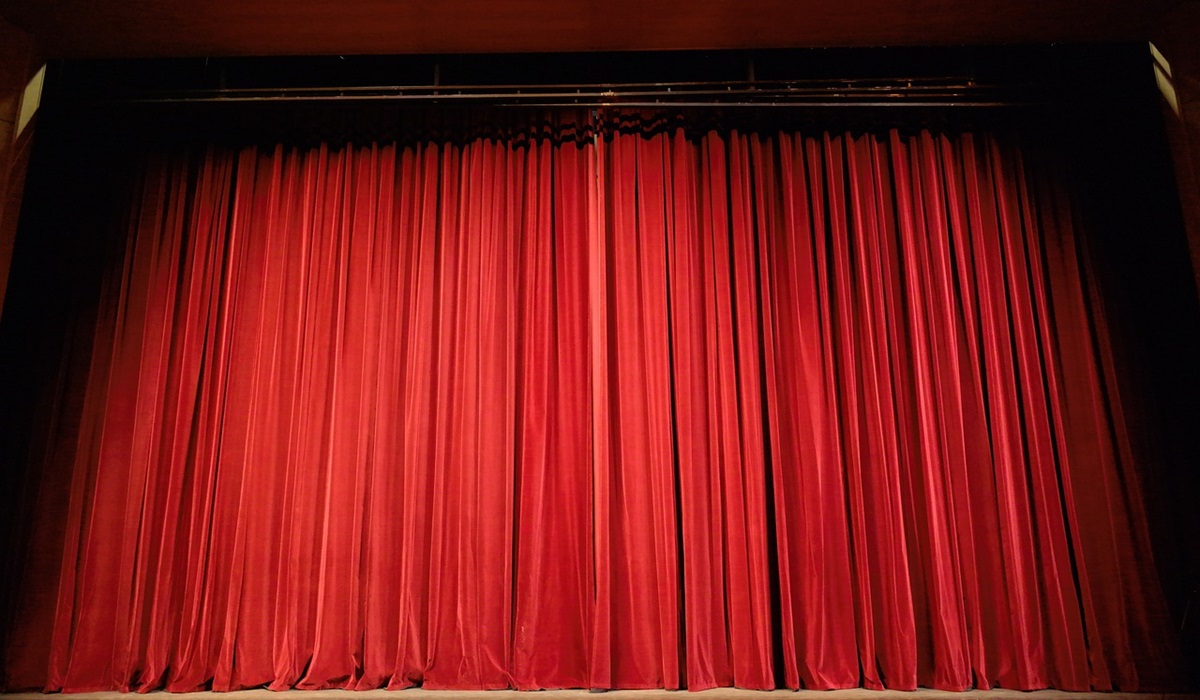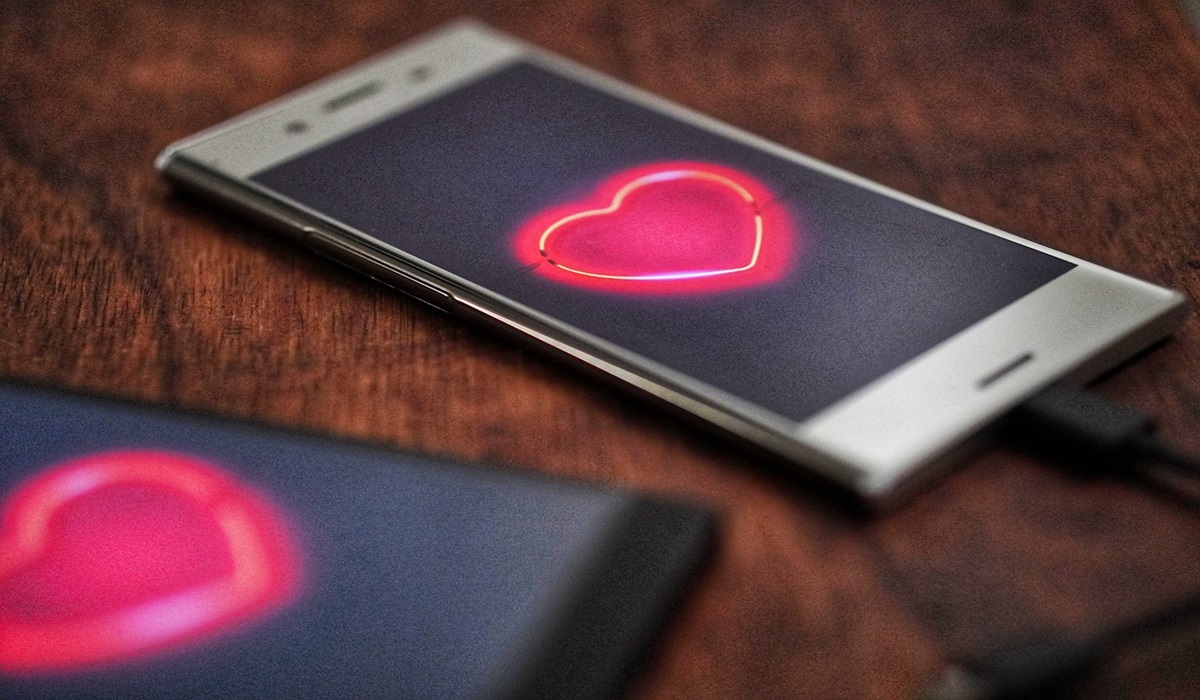Do Footballers Need Laser Safety Glasses?
- Steve Ogah
- Africa
- D.O.C Supplements - Trending News
- Sports
- April 1, 2022

Do Footballers Need Laser Safety Glasses?
Tuesday’s laser light beam incident during the final world cup qualification match between Senegal and Egypt has brought to the fore new dangers faced by football players in hostile game environments. Mo Salah, captain of the Egyptian team was relentlessly blinded by laser lights from fans as he stood preparatory to taking a decisive penalty kick for his country in a crucial make or mar tie. The Liverpool FC forward ended up rocketing his kick above the cross bar. Well, the home fans were excited but some followers of the game were not in view of the danger this portends for the beautiful game of soccer.
The dangerous use of laser aids for the home team appears to have earned Senegal a laser-aided victory, indeed, an externally influenced qualification for the 2022 FIFA world cup in Qatar. The first leg of the tie had ended in favor of Egypt when both teams met in Cairo. The Pharaohs triumphed by a lone goal on 25th March. But both teams know each other’s strength and Achilles heel.
On 6 February, at the final game of the 2022 Africa Cup of Nations, Senegal defeated Egypt in tense match which stretched into penalty kicks. So, this particular qualification game for the World Cup had undercurrents of the last encounter. The Lions of Senegal wanted to emphasize that the earlier win in Cameroun wasn’t a fluke. But the fans took it too far. Some fans have argued that it is commonplace in Egypt to see visiting teams blinded with laser beams during games. But this argument is not tenable. The Confederation of African Football must look into the rising incident of laser beam use at football matches on the continent. Laser beams have no place in soccer games and this must be emphasized at all match venues on the continent. But one must ask how so many laser pens got into the match venue? Was this an underhand trick and the home team was in the know?
There are inherent dangers if we allow the use of lasers in football games. It is a huge distraction for players, and it will impact negatively on the game. One can’t begin to imagine an 80,000 capacity stadium full of laser beams, as though strobe lights at a disco. Laser beams block vision, and this may explain why some modern assault weapons are fitted with them. Continuous exposure to laser rays poses the possibility of damaging the eye since the human eye is a very delicate organ.
In cases where security may not be able to prevent fans from entering soccer arenas with laser beams, players should be provided with some sort of protection against distracting laser beams. For instance, it may be possible to warn offending fans through the public address system if players raise objections to the continuous presence of light beams in their eyes. It is even still possible to hand players anti-laser beam glasses where fans fail to cease and desist from tormenting them with injurious beams. In severe cases where fans fail to heed warnings, the referee should be allowed to reschedule the game to a neutral and safe venue.
The Egyptian soccer team suffered in that game but there must be deterrents to the use of external aids in soccer games; otherwise the trend may evolve into something more dangerous and uncontrollable in the nearest future. Science and technology is evolving by the day and laser lights may become more powerful and harmful than we can ever imagine. Now is the appropriate time for Confederation of African Football to act. Figuratively speaking, the rising tide may still be at our ankles. CAF must not wait until when the tide rises to the neck of African soccer, because by then several players may have had their visions harmed already. According to Universal Medical Inc., “the U.S Occupational Safety and Health Administration require staff to wear laser safety glasses or goggles when operating or around lasers that are Class 3b and Class 4. These laser safety glasses and goggles provide protection from reflected laser light and direct beam exposure.” Perhaps, it is about time for CAF to begin to think along this safety line as well, if there are no ways to stop laser beam interference in football matches.








